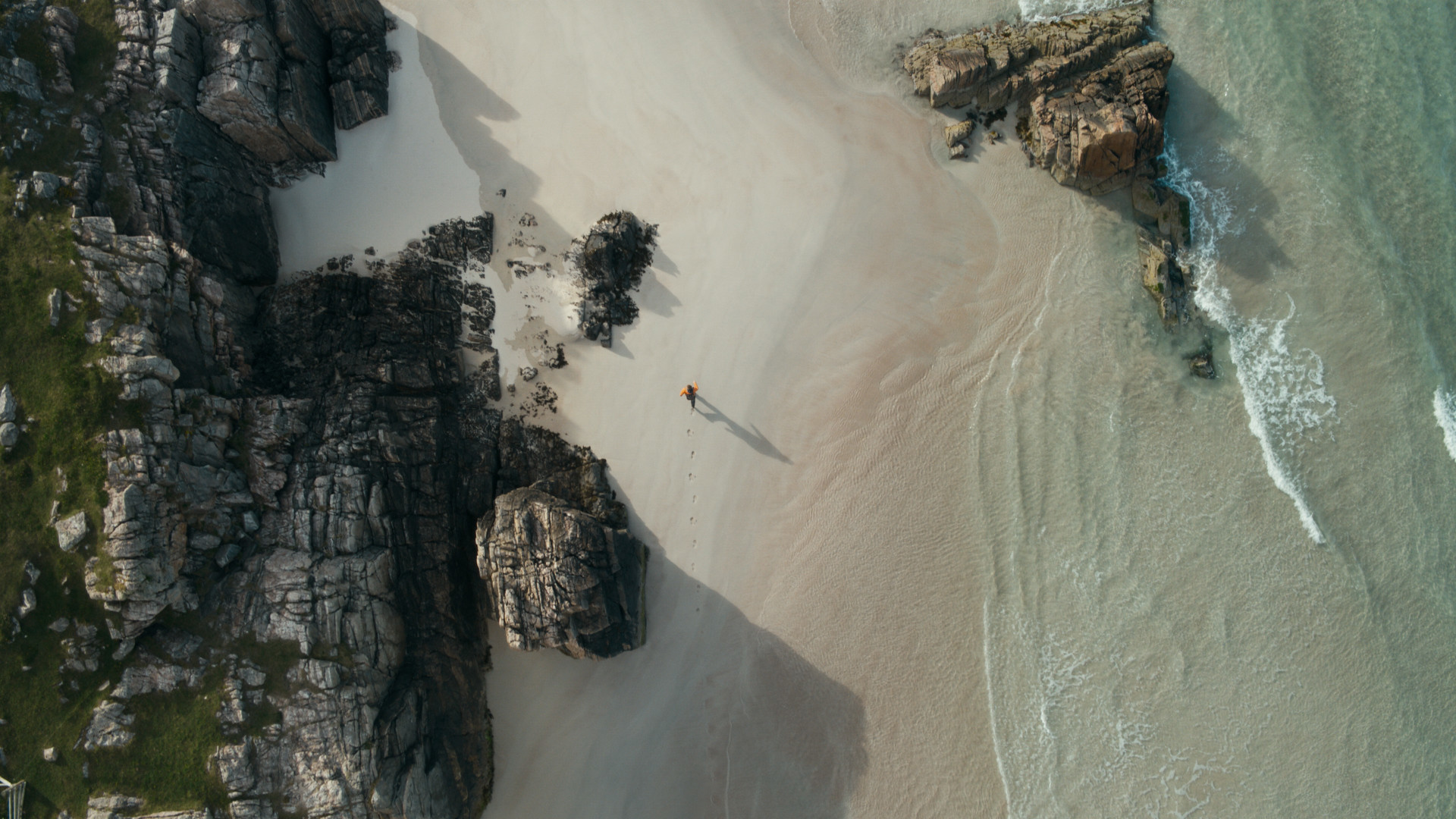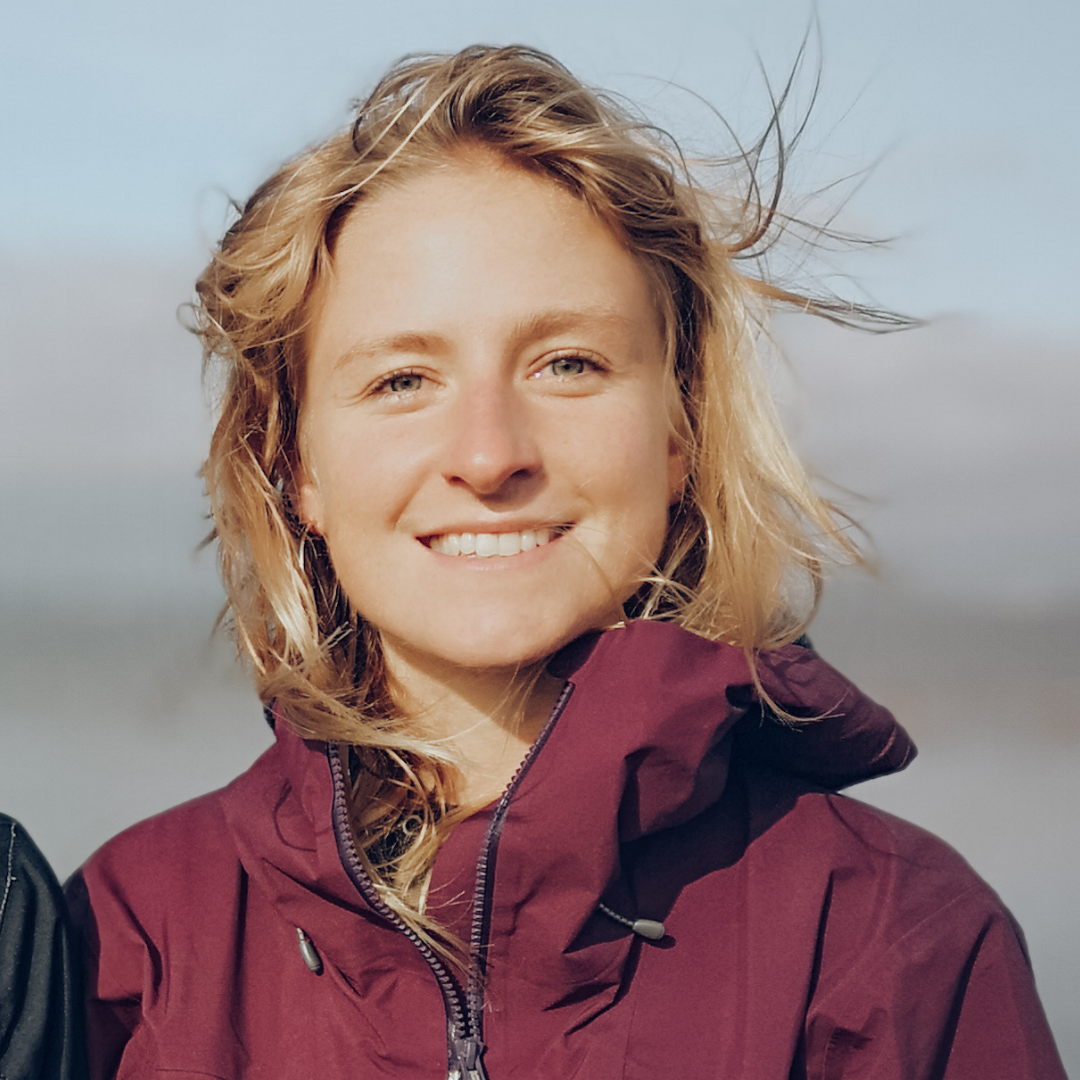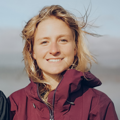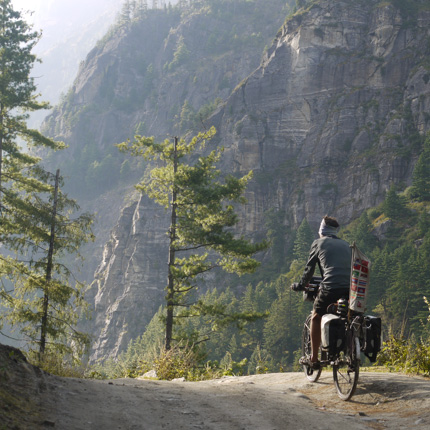Published on 24th April 2020
With submissions now open for our 2021 festival, Ellie Mackay, filmmaker and science communicator, spoke to Dan Raven-Ellison, director of 'The UK in 100 Seconds', about his work, the Adventure Uncovered Film Festival and his upcoming projects.








